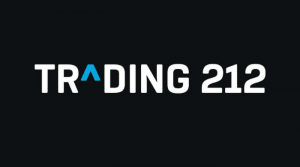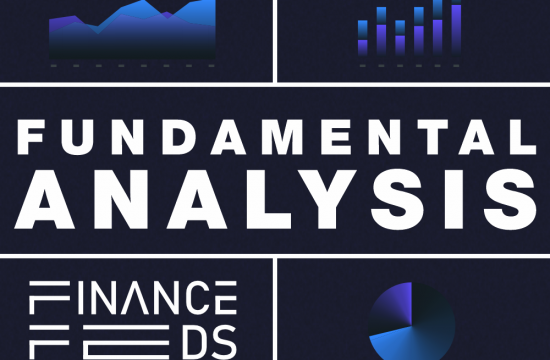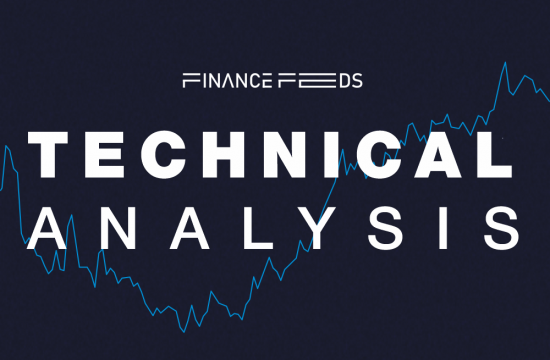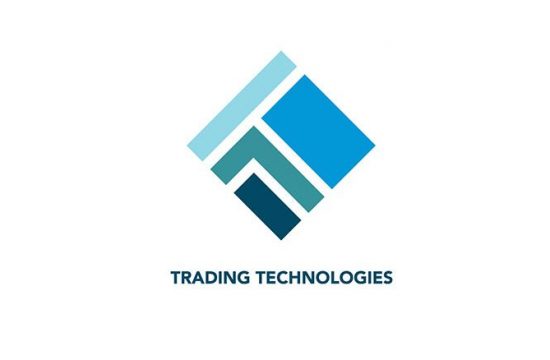A boom in retail trading helped Trading 212 earn handsome fees from its clients’ trades, resulting in an 8 percent jump in revenue of the fiscal year ending December 31, 2021.

Per its filing with the UK companies house, the FCA-regulated broker said revenue from online trading jumped to £138.7 million compared to £124 million in the year earlier.
The mild increase in revenue was boosted by lower operational costs which nearly halved during the period. Despite increased staff costs and other expenses involved in up scaling the business, the operational expenses were reported at £57 million in the FY 2021 compared to £109 million the previous year.
As a result, Trading 212 earned £71 million in net profit, six times more than the £11 million it booked in 2020.
The UK business of Trading 212 has seen incredible levels of growth over recent years. Revenue has grown from £2 m in 2019 to £54.3 million in 2020, and then to £94.1 million in 2021, while profit/(loss) after tax has improved from (£0.3 million) to £21.9 million, and then £45.3 million over the same time.
Net assets have also increased during this time due both to the retained profit in the business as well as a £20 million share capital injection. Net assets now stand at £94 million, up from £29 million at the end of 2020.
Other business highlights
Trading 212 was the first retail UK broker to offer commission-free trading and its core product portfolio consists of stocks, ETFs, FX, and derivatives products.
In terms of CFD products, the company operated from January 2021 to May 2021 on a spread revenue model, profiting from the difference between the prices offered to clients and those on which hedging trades were conducted via a back-to-back hedging agreement with a group affiliate. From May 2021 onwards, T212 opted to end this arrangement to manage its own risk based on defined parameters for each product and asset class, hedging exposures outside of these with third parties.
For the stock trading business, the company operates a zero-commission model where clients do not pay commission for trading nor custody fees for the assets held. Instead, T212 earns fees from clients when they trade in a currency different to that in which their cash was deposited, and through a collateralised stock lending program.
From January 2021 to August 2021, T212 operated via routing all orders through to counterparties, but after that date the broker operated as a systematic internaliser (‘SI’). This means that the company now internalises a large volume of trades by acting in a principal capacity to customer buy and sell orders, and holds inventory on its balance sheet.
While operating both a CFD and a stockbroking platform, T212 continues to shift focus towards stockbroking with the growth strategy delivering increases in client money and asset balances from £2.1 billion to £2.9 billion.












